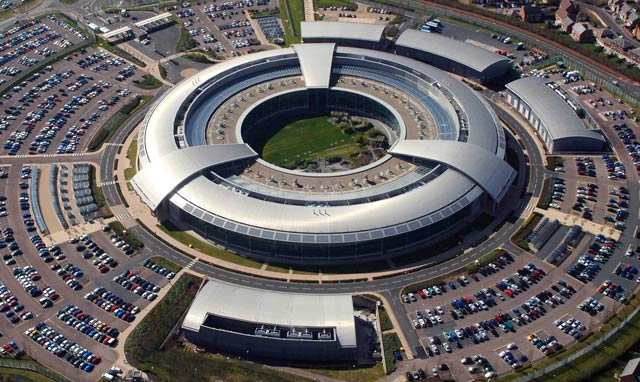
The UK’s Investigatory Powers Tribunal has found that South Africa’s Legal Resources Centre’s (LRC’s) communications were subjected to unlawful interference by the British government, the LRC said on Monday.
“According to the ruling, communications from an e-mail address associated with the Legal Resources Centre were intercepted and selected for examination by [British Government Communications Headquarters] in breach of GCHQ’s internal policies for the selection of communications for examination,” the LRC said.
“Consequently, the ruling holds that there has been a breach of the Legal Resources Centre’s rights in terms of article 8 of the European convention on human rights.”
The Investigatory Powers Tribunal investigates and determines complaints of unlawful use of covert techniques by public authorities that infringe the right to privacy, or which breach a wider range of human rights.
The ruling said no use was made of the intercepted material and that the LRC had not “suffered material detriment, damage or prejudice”.
But the LRC felt that the “mere fact that communications were unlawfully intercepted — information that may never have come to our knowledge had this case not been instituted — is of serious concern”.
The LRC does not know what was intercepted, the extent to which it occurred, on whose authority it happened or why it was done.
“While there has been growing concern for some time that public interest organisations have been subjected to surveillance, the Legal Resources Centre is deeply alarmed by the import of the Investigatory Powers Tribunal’s ruling. This ruling reveals how invasive surveillance operations have become and confirms a serious breach of the rights both of the organisation and the individuals whose communications have been intercepted.”
The LRC will try to get further information and asked the South African and British governments to co-operate.
It thanked Liberty, the UK-based organisation that blew the whistle on the matter.
Liberty said the IPT also intercepted private communications of the Egyptian Initiative for Personal Rights.
“The tribunal found that GCHQ breached its own internal — and secret — policies on the interception, examination and retention of e-mails from the two organisations, violating their rights under article 8 of the Human Rights Act,” said Liberty.
It found that e-mail communications of the Egyptian Initiative for Personal Rights were retained beyond the time limit allowed by GCHQ’s internal policies and the GCHQ’s policies for selection of communications for examination were not followed in the case of the LRC.
In a statement issued by Liberty, Janet Love, national director of the LRC, said: “The Legal Resources Centre is deeply concerned to learn that communications of our organisation have been subject to unlawful interception by GCHQ.”
The LRC considered this to be a serious breach of the rights of the organisation and the individuals concerned.
“We can no longer accept the conduct of the intelligence services acting under such a pernicious veil of secrecy, and we will be taking immediate action to try to establish more information.”
The LRC said cases it was handling included representing the families of the miners killed by police during a strike at Lonmin platinum mine in Marikana in 2012; and is currently taking the South African government to court for failing to assist the family of a South African man who is being detained in an Egyptian prison. — News24




